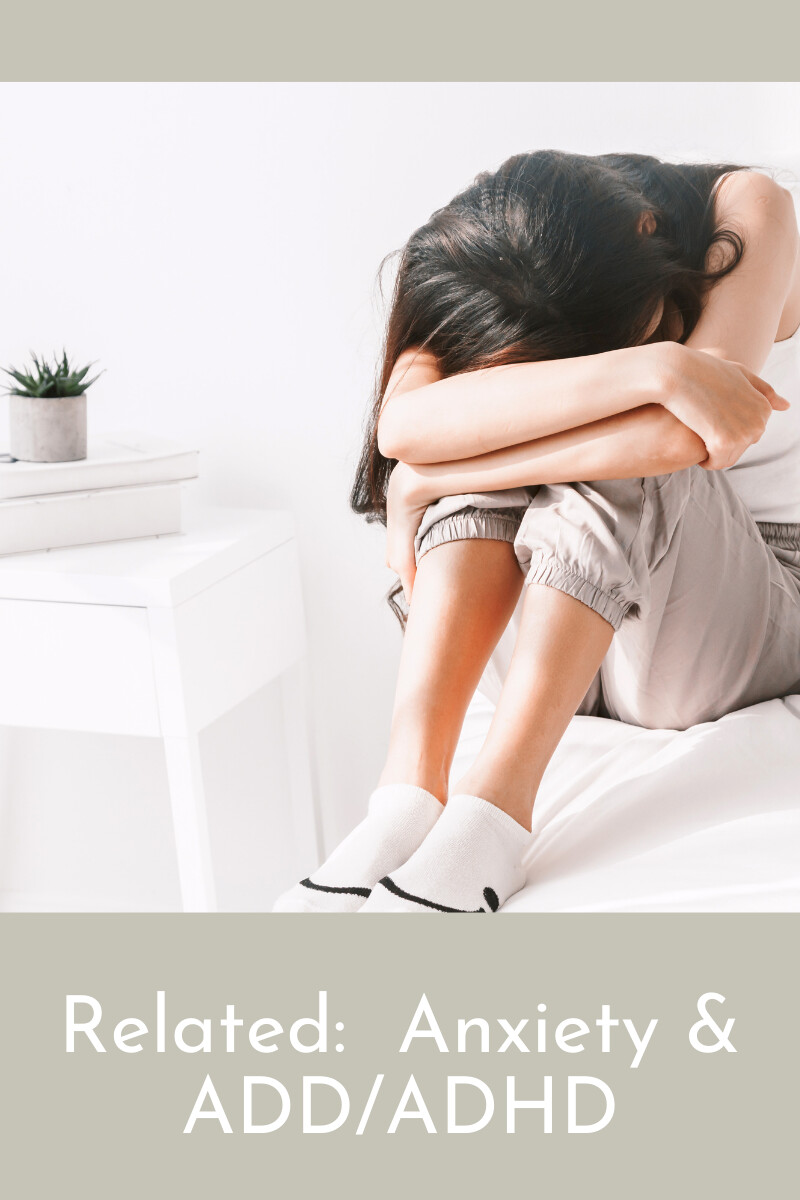
Can Anxiety & Attention issues be related?
Did you know that anxiety can also affect your attention span? Researchers have found that there is a link between these conditions.
If you (or any of your children) have anxiety, then you’re more likely to have attention disorders. Researchers believe there is a brain connection between them. Initial studies on teens reveal that they’re more likely to have both issues together.
The Link between Anxiety and Attention difficulties
If you or your children have anxiety or trouble concentrating, consider the following discoveries. Researchers at the University of Texas discovered that your anxiety and attention span are linked.
They found that teens who have anxiety are also more likely to perform worse in school because of attention issues. They also saw a connection between anxiety and other mental health issues like depression and suicide.
Researchers shared that in some cases anxiety appeared first while in other cases attention span issues appeared first. Recognizing the first issue can help families deal with the second one.
Teens who had issues concentrating were also more likely to have anxiety. Experts believe there is a deeper reason for this in the brain.
Unconscious Anxiety!
Medical experts believe unconscious anxiety can explain some cases of attention deficit disorders. Unconscious anxiety occurs when you don’t recognize you’re actually suffering from worry and concern. You have trouble concentrating, so you blame it on your poor attention span. However, in reality, your unconscious anxiety is actually preventing you from being able to focus. The root of this anxiety can be buried among deeper emotional issues.
Which is Which?
I've learned that symptoms of anxiety and attention deficit hyperactivity disorder can overlap. So it’s not always easy to tell apart anxiety and attention disorders as you can see from the list below.
The shared symptoms of anxiety and ADHD can include:
- having trouble concentrating and focusing on one task.
- not having control over your impulses,
- being irritable,
- feeling scared
- being afraid to try new things.
Treatment & Help
If you or someone you care about has anxiety and/or attention issues, seeking help may bring real benefits. Treatment options can include medication to control anxiety and help attention spans. Another treatment option is therapy that helps provide coping skills and adjust behavior.
Meditation and relaxation techniques are also commonly used to help with both disorders.
Certain essential oils with specific constituents have been shown to have anxiolytic/antidepressant effects, cognitive processing enhancement, attention enhancement, psychostimulant effects and memory improvement without the inherent risks of some medications.
Be solutions-oriented with an understanding that there is no magic bullet and that your plan of action may involve a variety of components. Plus, understand that it will likely need to evolve over time.
A terrific resource I want to share with you is Understood.org. Here you’ll find a wealth of information if you want to dig deeper into ADD/ADHD and related issues.
Additional Considerations
The role of learning disabilities. It’s important to avoid overlooking learning disabilities that can exacerbate anxiety and attention issues. Researchers have noticed that all three issues can occur together.
- In some cases, learning disabilities are not caught right away as a child starts school. Children are sometimes able to compensate for their learning disabilities, so the issues go undiagnosed.
- However, anxiety and attention disorders can be worse in children with learning disabilities. By focusing on the learning issues, these kids have the chance to succeed in school and reduce their anxiety.
- A child with a learning disability can feel anxious before every test or quiz in school and try to avoid classes. In addition, the same child can be so stressed out that they’re unable to concentrate on the simplest tasks. The learning disability makes these issues stronger and more difficult to treat.
- It’s important to note that kids aren’t the only ones who suffer from all three conditions. Adults can spend years being misdiagnosed or not getting the proper treatments.
Anxiety and attention issues can appear together. If you or a loved one suffers from these issues, current research can help you understand what is happening in the brain and seek treatment that can help.
My Personal Experience
On a personal note, I learned (thanks to his ENT doctor) that my youngest child’s “ADD/ADHD” was actually more of an anxiety/hyper-alert issue due to his deafness (and orphanage background prior to adoption). He had to be on high alert as a survival skill, especially in unfamiliar or very busy/noisy environments. The more we know and understand the underlying reasons for what may seem to be symptoms of anxiety or attention problems the more effectively and successfully we can direct treatment and responses.
Something Extra For You . . .
I also decided to share with you my personal list of a few items (Essential oils that WORK! Key supplements. And a super simple strategy that costs nothing to implement but is crazy powerful!) that we’ve used that have helped in dealing with anxiety and focus in our family to make it a little easier and give you a jumping off point. Just click below and I’ll be happy to email it to you. When you click the button below it will open a screen where you can type in your name and email to get your list and you’ll also have the option to hop on my email list.
Dawn's Family List for Anxiety & Focus

YOUR Action Steps Challenge:
Get my Personal Family List for Anxiety & Focus with the button above.
Keep learning! Check out the resources and information at Understood.org
Seek out appropriate professional advice and assistance for suspect anxiety and/or attention problems as well as learning difficulties.
Create an effective and workable plan that can grow with you or your child.
Do address the problems but Don’t forget to focus more on the positive things.
Philippians 4:8 -- “Finally, brothers and sisters, whatever is true, whatever is noble, whatever is right, whatever is pure, whatever is lovely, whatever is admirable -- if anything is excellent or praiseworthy -- think about such things.”
Thanks for reading. I hope this information and the included resources are a help for you. If so, be sure to follow me and Legacy Living on Facebook and if you're an adoptive parent you're invited to Yesterday's Orphan, my free (at the time of publishing) private Facebook group for adoptive parents where I share parent to parent resources for dealing with orphan mindset, theirs and ours with a Biblical Lens.
[Anxiety and Cognitive Performance . . .]
[Childhood attention deficit/hyperactivity disorder in adults with anxiety disorders ]
Medical Disclaimer: Content on this site (or linked to) is not intended to be a substitute for professional medical advice, diagnosis, or treatment. Always seek the advice of your physician or other qualified health provider with any questions you may have regarding a medical condition. Never disregard professional medical advice or delay in seeking it because of something you have read on this Website.
If you think you may have a medical emergency, call your doctor, go to the emergency department, or call 911 immediately.
______________________________________________________



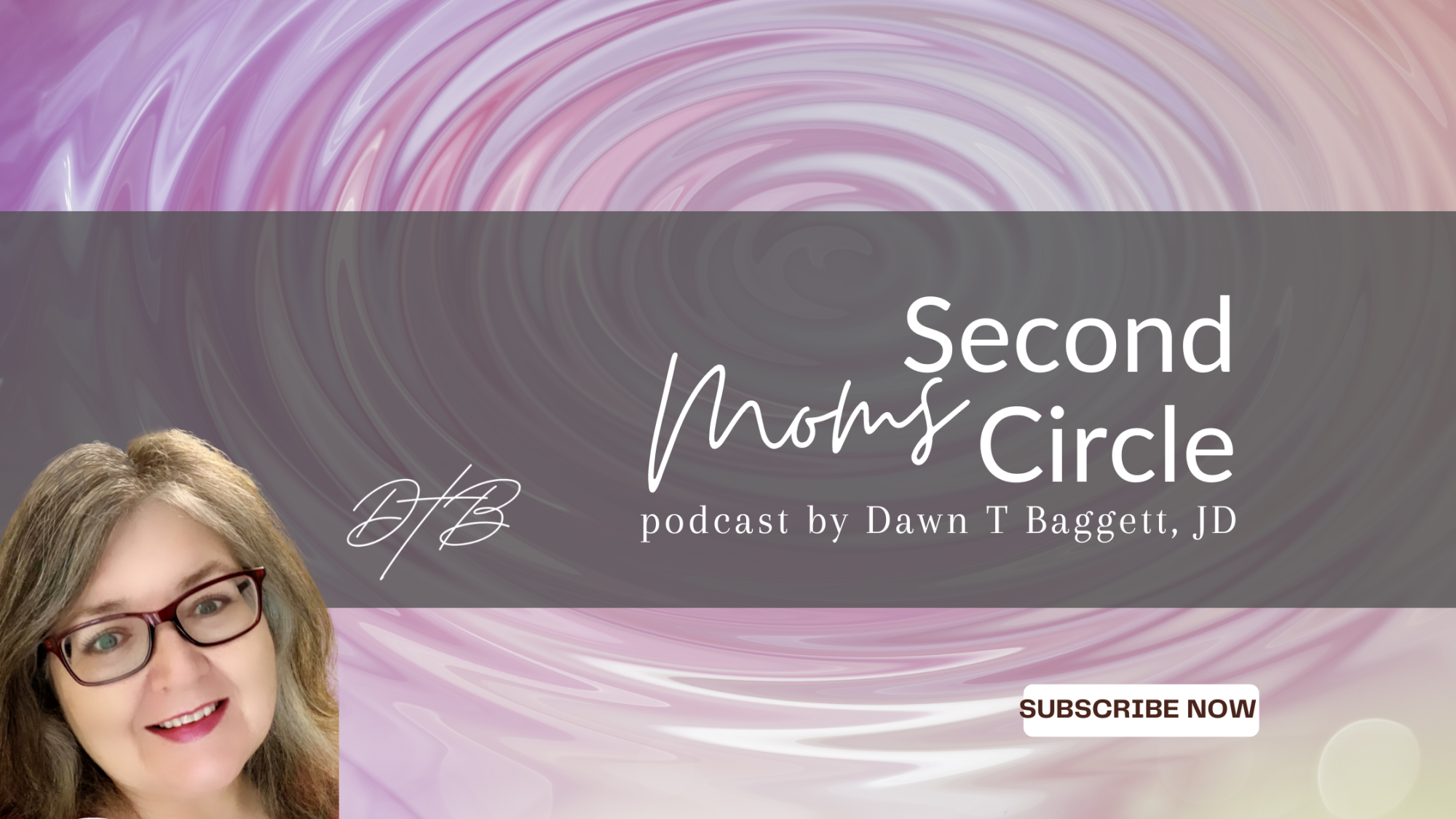

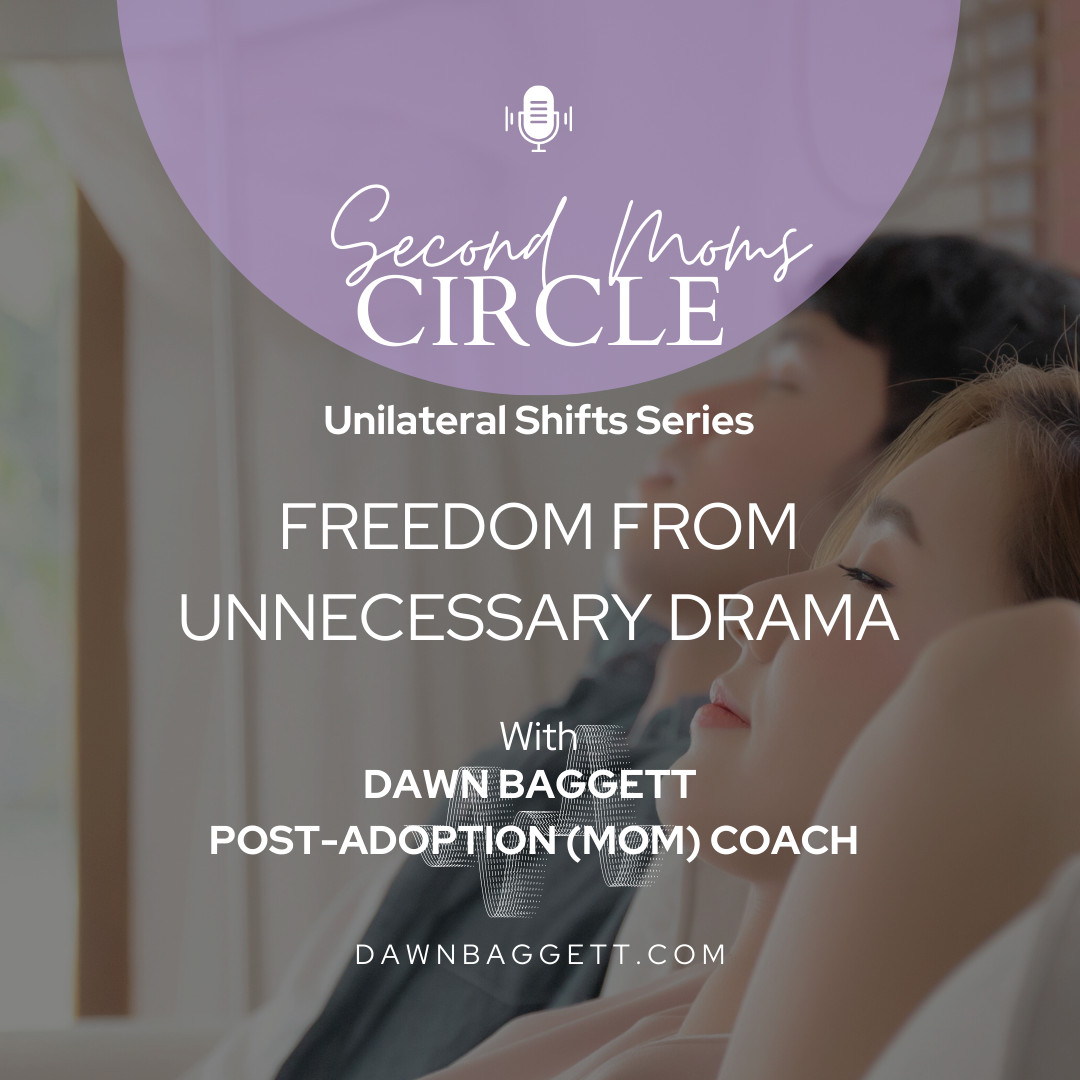
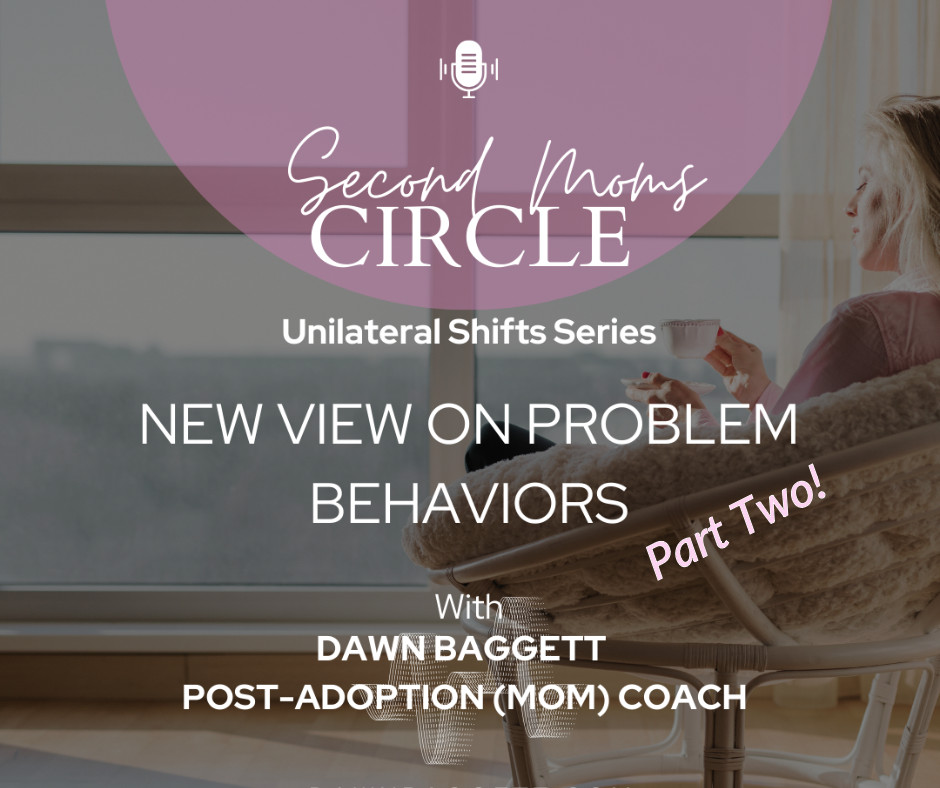
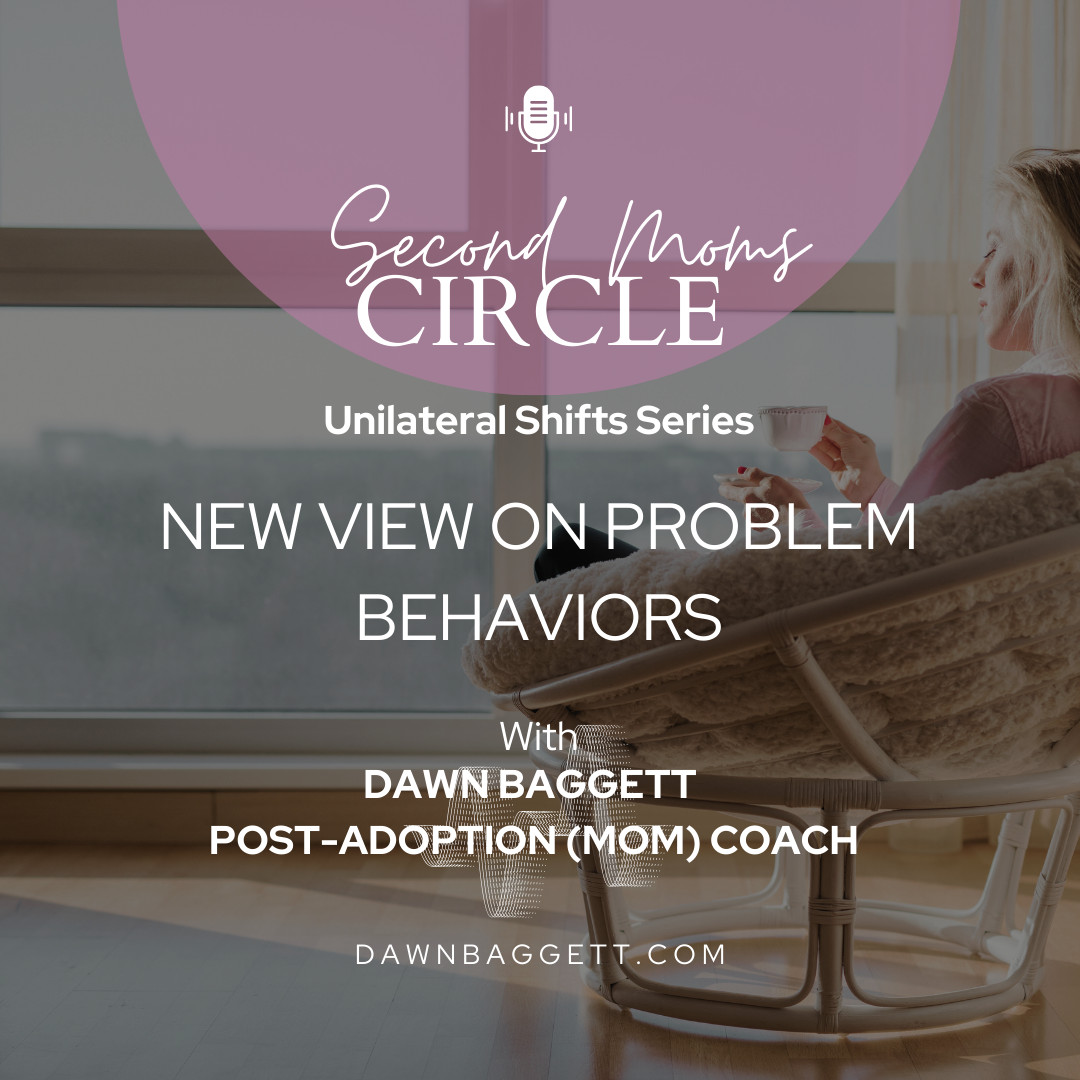

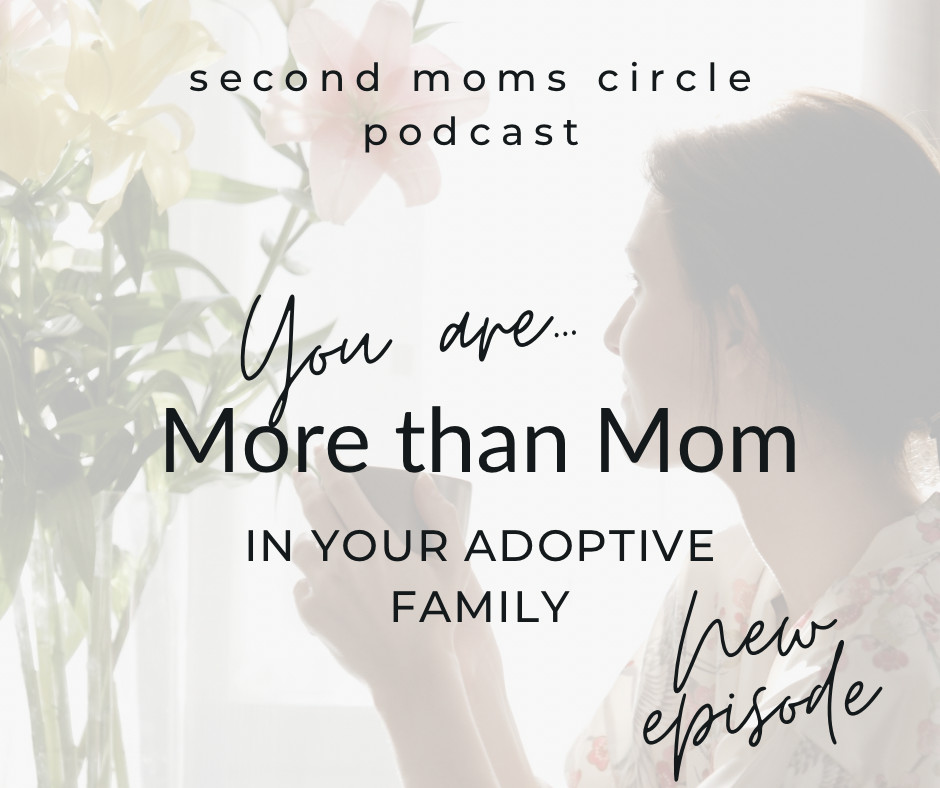


0 Comments